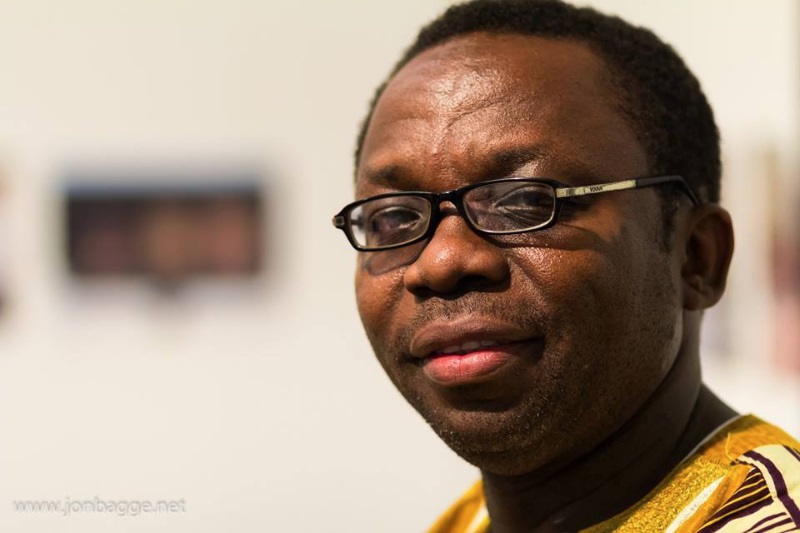
By Leo Igwe
In a piece that was published in The Church Times, President Buhari urged Nigerians not to politicize religion, warning Christians and Muslims against those who would seek to divide them for political reasons. But the question is: did Buhari take a critical look at his form of politicking before making this statement? In this piece, I show some of the ways that Buhari’s appeal contradicted his own politics.
First, let us look at the timing of this piece. The presidential election is less than three months away. And President Buhari’s name will be on the ballot. He is seeking re-election in a contest, which some analysts have said he would lose. The projected defeat is mainly due to the alleged religiously divisive politics that Buhari had played since he became the president. Buhari is very unpopular in the Christian communities where he’s seen as a religious bigot. His handling of the killings and attacks by Fulani herdsmen has reinforced this impression.
So, this opinion is obviously a political piece, a calculated attempt to woo Christian voters in the run-up to next year’s election. In that piece, Buhari tried to identify with Christians, claiming he was a ‘descendant of Abraham’. A descendant of Abraham indeed! By making this assertion, President Buhari tried to tell Christians, “Look I am one of you”, Although I am a Muslim, I belong to you too”.
Interestingly, Buhari paid a glowing tribute to the Anglican missionary pastor, Rev Samuel Ajayi Crowther. Rev Ajayi Crowther was not a politician. He was a missionary and the first African Anglican Bishop in Africa. So one could ask: what was President Buhari’s business with Rev Ajayi Crowther’s life and legacy? Buhari noted the work that Rev Ajayi Crowther did to propagate Christianity and to foster dialogue, tolerance, and reconciliation. Then he reiterated their Abrahamic connection: “Like Bishop Crowther”, I am a descendant of Abraham”.
Surely, Buhari wanted the Christians, especially the Anglican members to see him as their hero and champion, as somebody who embodied the same values as Rev Ajayi Crowther. He went further to emphasize what the two main religions, Christianity and Islam, had in common using some verses from the Bible and the Quran to admonish Christians and Muslims. Buhari urged Muslims and Christians to unite and to “walk together” because there was no compulsion in religion.
Buhari also reminded Christians that they, like Muslims, were “People of the Book”: “As People of the Book, I believe that there is far more that unites Muslims and Christians than divides them”. He urged Christian and Muslim faithful not to retreat into their communities but rather work together to reach new heights and greater possibilities. Some would argue that one of these new possibilities is his reelection in February next year.
Buhari later addressed the elephant in the room, that is, the allegation that he wanted to Islamize Nigeria and that he was supporting Boko Haram. As usual, he flatly denied the allegation stating that his administration had significantly degraded the jihadist group and befriended church leaders in Nigeria and beyond. Buhari pointed out that his deputy, a Christian pastor, has tried to reach out and dialogue with Muslims across the country.
In an attempt to win over Christians in Nigeria and get them to support and vote for him in next year’s presidential election, Buhari did exactly what he warned Nigerians not to do. He politicized religion. Buhari played the Chrislamic religious card. Incidentally, he could not resist the ‘temptation’ of playing the majoritarian religion politics.
Buhari used religion, the majority religions, as a political leverage for his political ambition. He ignored the fact that millions of Nigerians do not profess Christianity or Islam, and that there are religious minorities in Nigeria including Nigerians who have no religion.
Buhari should have used this article to appeal to Nigerians of all faiths and none, to Christians and Muslims, indigenous faith believers, other minority religionists as well as atheists and agnostics. He should have used this piece to rise above the narrow majoritarian religious politics and reach out to Nigerians of all faiths and philosophical persuasions. Buhari should have used this piece to stress the fact that he was a president for all Nigerians, that he was not politically biased for or against any religion or outlook. The article provided an ample opportunity for Buhari to play the inclusive political card reiterating that, as a president, he truly belonged to no (religious/ nonreligious) body and that he belonged to every (religious/ nonreligious) body. Unfortunately, Buhari missed this opportunity and instead ended up politicizing religion, the majoritarian religions, and confirming that he belonged to somebody, the majority religious body.
Leo Igwe is the founder of the Nigerian Humanist Movement, and represented the international Humanist and Ethical Union in West and Southern Africa. He can be reached through: nskepticleo@yahoo.com